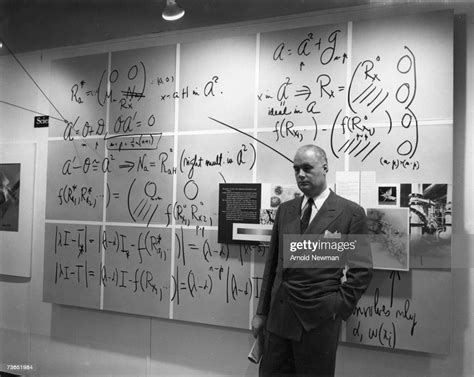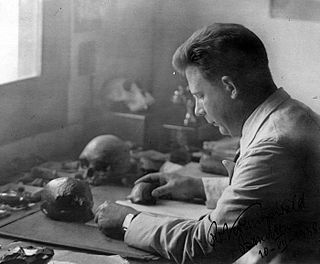A Quote by Jack Vance
I know that the history of man is not his technical triumphs, his kills, his victories. It is a composite, a mosaic of a trillion pieces, the account of each man's accommodation with his conscience. This is the true history of the race.
Related Quotes
What is a great man who has made his mark upon history? Every time, if we think far enough, he is a man who has looked through the confusion of the moment and has seen the moral issue involved; he is a man who has refused to have his sense of justice distorted; he has listened to his conscience until conscience becomes a trumpet call to like-minded men, so that they gather about him, and together, with mutual purpose and mutual aid, they make a new period in history.
Every man should write a brief history of his life: his parentage, his birth, his religion, when he was baptized and by whom, when ordained, what to, and by whom-give a brief sketch of all his missions and of all his official acts and the dealings of God with him. Then if he were to die and the historians wished to publish his history, they would have something to go by.
Man in his raw, natural state as he comes from the womb is morally and spiritually corrupt in disposition and character. Every part of his being-his mind, his will, his emotions, his affections, his conscience, his body-has been affected by sin (this is what is meant by the doctrine of total depravity)
Each typeface is a piece of history, like a chip in a mosaic that depicts the development of human communication. Each typeface is also a visual record of the person who created it - his skill as a designer, his philosophy as an artist, his feeling for... the details of each letter and the resulting impressions of an alphabet or a text line.
Geology is rapidly taking its place as an introduction to the higher history of man. If the author has sought to exalt a favorite science, it has been with the desire that man-in whom geological history had its consummation, the prophecies of the successive ages their fulfilment-might better comprehend his own nobility and the true purpose of his existence.
Man did not address his inquiries to the earth on which he stood until a remarkably late stage in the development of his desire for knowledge. And the answers he received to the questions, "Where do I come from?", "What is man?", although they made him poorer by a few illusions, gave him in compensation a knowledge of his past that is vaster than he could ever have dreamed. For it emerged that the history of life was his history too.
The life-history of the individual is first and foremost an accommodation to the patterns and standards traditionally handed down in his community. From the moment of his birth the customs into which he is born shape his experience and behavior. By the time he can talk, he is the little creature of his culture, and by the time he is grown and able to take part in its activities, its habits are his habits, its beliefs his beliefs, its impossibilities his impossibilities.
What a wee little part of a person's life are his acts and his words! His real life is led in his head, and is known to none but himself. All day long, the mill of his brain is grinding, and his thoughts, not those of other things, are his history. These are his life, and they are not written. Everyday would make a whole book of 80,000 words -- 365 books a year. Biographies are but the clothes and buttons of the man -- the biography of the man himself cannot be written.
In whatever area in life one may meet the challenges of courage, whatever may be the sacrifices he faces if he follows his conscience - the loss of his friends, his fortune, his contentment, even the esteem of his fellow men - each man must decide for himself the course he will follow. The stories of past courage can define that ingredient - they can teach, they can offer hope, they can provide inspiration. But they cannot supply courage itself. For this each man must look into his own soul.
Just because a man is dressed in a clean white robe does not mean his heart and hands are clean. Any man who neglects his conscience is a dangerous animal. Never judge a man by his image. Images can be bought or produced by any Hollywood producer, marketing team or fleet of stylists. Even kids know how to wear amazing costumes for Halloween. Always judge a man by the coloring of his heart and only his heart. Truth can be found in his record of actions, not intentions.
Strange is the vigour in a brave man's soul. The strength of his spirit and his irresistible power, the greatness of his heart and the height of his condition, his mighty confidence and contempt of danger, his true security and repose in himself, his liberty to dare and do what he pleaseth, his alacrity in the midst of fears, his invincible temper, are advantages which make him master of fortune.



































